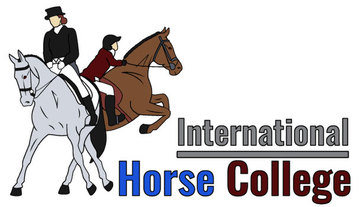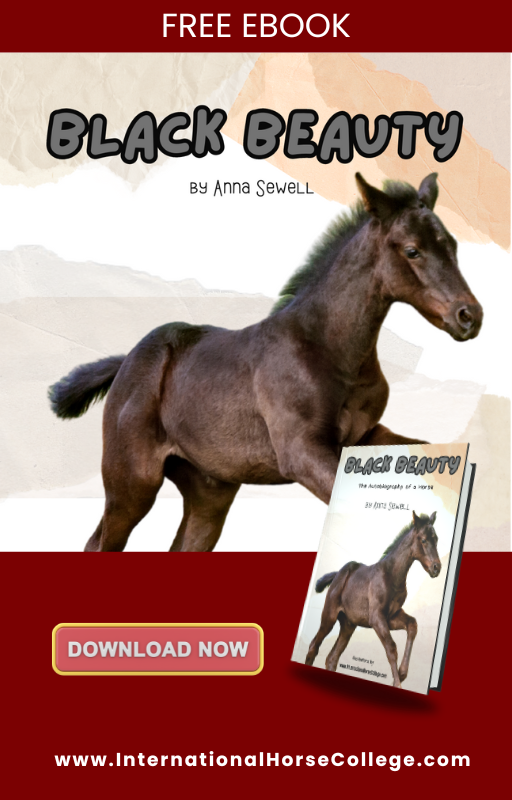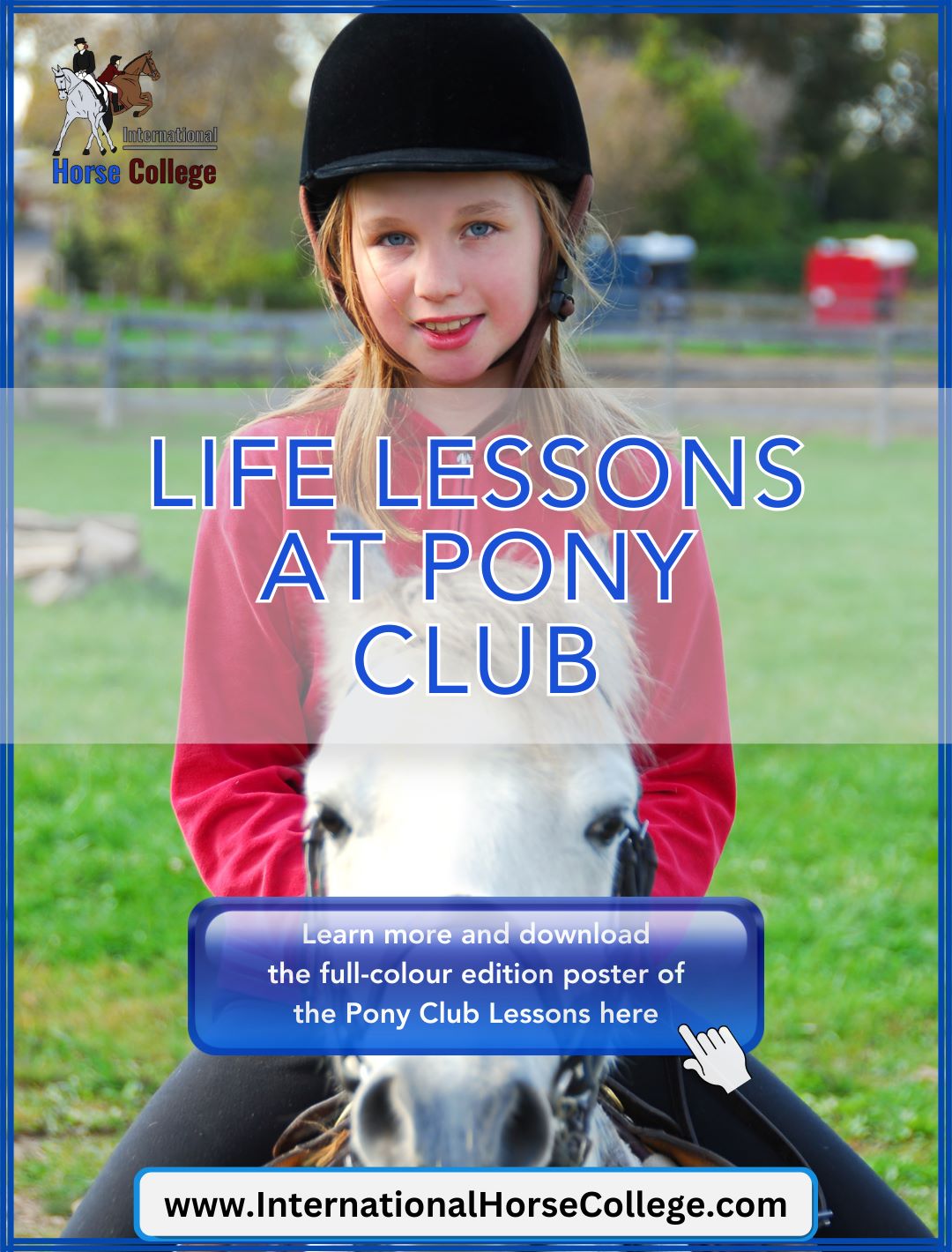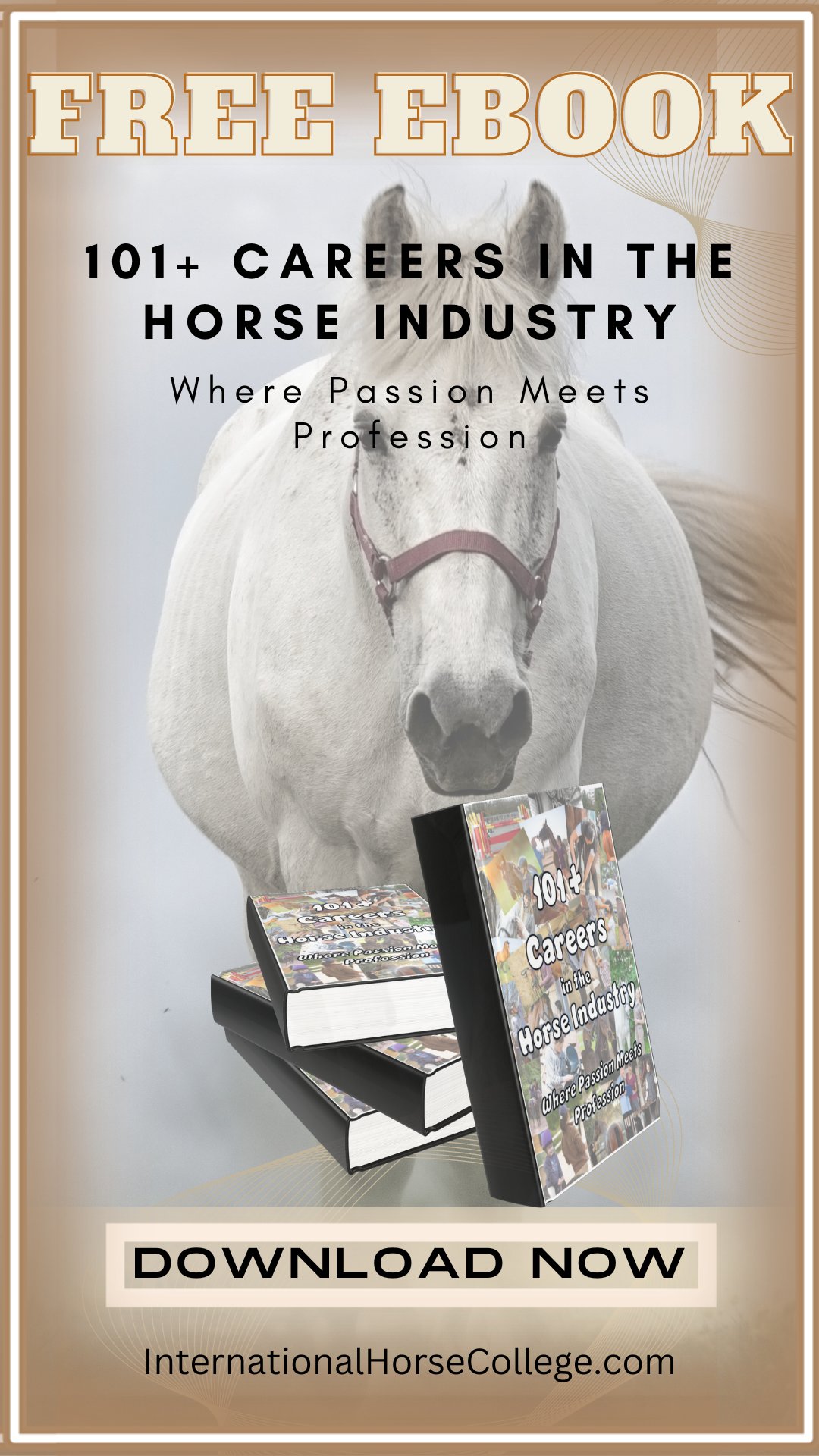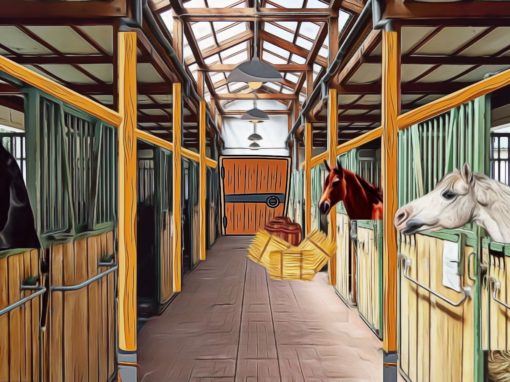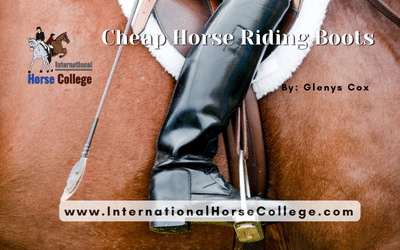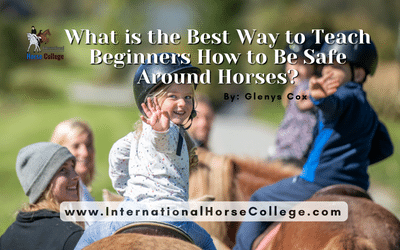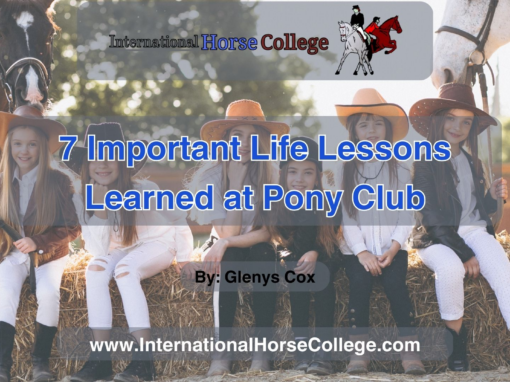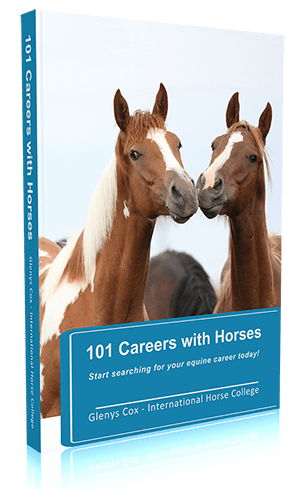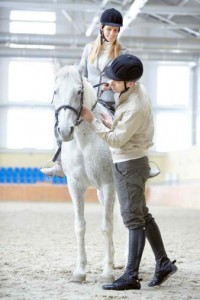 In the same way that the beginner horse rider learns to mount a horse or rise to the trot, the four stages of competence apply to more experienced riders as well as horse riding instructors as they progress through their training.
In the same way that the beginner horse rider learns to mount a horse or rise to the trot, the four stages of competence apply to more experienced riders as well as horse riding instructors as they progress through their training.
In this article we look at the four stages a beginning horse rider learns when they rise to the trot and compare them to a horse riding instructor learning how to control group rides safely.
These skills can be broken down into four stages of competence.
- Unconscious incompetence
- Conscious incompetence
- Conscious competence
- Unconscious competence
1. Unconscious incompetence
This stage of any skill could apply to the general public who do not have knowledge of a specific horse riding skill (like rising to the trot), do not realize that they would require this skill to ride horses and have no interest in learning this skill.
At this stage a horse-riding instructor may not see the need to obtain certain teaching skills. The instructor may or may not ride horses yet. They may not have considered their career with horses or even that it is possible to have a career as a horse-riding instructor.
On the other hand a horse-riding instructor or equestrian coach may already teach individual experienced riders and are unaware that they do not have the skills to novice riders in a group lesson. The instructorwho only teaches individual experienced riders may deny the usefulness of learning a new skill like being able to safely teach a group of novice horse riders how to ride safely in the group.
Before the rider or instructor can move onto the next stage, they will need to consider that learning to rise to the trot or teaching groups is a possibility for them and they must also recognize that they do not currently have the skills to perform the required task.
2. Conscious incompetence
At this stage the rider or the instructor has recognized that they do not currently know how to rise to the trot or to teach groups of riders safely. They have become conscious of the deficit in their knowledge as well as the value in learning the new skill.
Because the horse rider or horse-riding instructor now realizes that they would like to learn how to rise to the trot or to control groups safely, they continue to learn until they become competent.
The line between this stage and the next is not always clear. There may be times when the rider finds rising to the trot is easy and the next lesson parts of this skill needs to be learnt again. There may be lessons where the instructor has safe group control and then the next lesson there is less control.
The talented horse rider or horse-riding instructor may progress fairly quickly through this stage. However it is the less talented rider or instructor who learns the value of making mistakes. This later group often learns the skill of breaking down each challenge into sizable chunks. After the fourth stage they canusually teach this skill more easily to others, as their understanding of the challenges is greater.
3. Conscious competence
At this stage, the horse rider can rise to the trot and the horse-riding instructor can keep everything safe while teaching a group. The rider and instructor need to be focused and keep their concentration while they are performing the task. If they are interrupted the horse rider may lose the rhythm of the rising trot and the group the horse-riding instructor is teaching may not maintain the correct distance or one of the horses may misbehave.
The horse rider or the horse-riding instructor may need to break the skill down into steps to achieve the end result.
4. Unconscious competence
By this stage the horse rider or horse-riding instructor have had so much practice rising to the trot or teaching groups that they can perform the task easily and safely. The rider can carry on a conversation with the instructor while continuing to rise to the trot. The instructor can teach more specific skills to the group while maintaining group control.
So the next time you ride or teach work out what stage you are with the skills you are using. If you are at the unconscious competence level with all of them then expand your knowledge and learn new skills.
